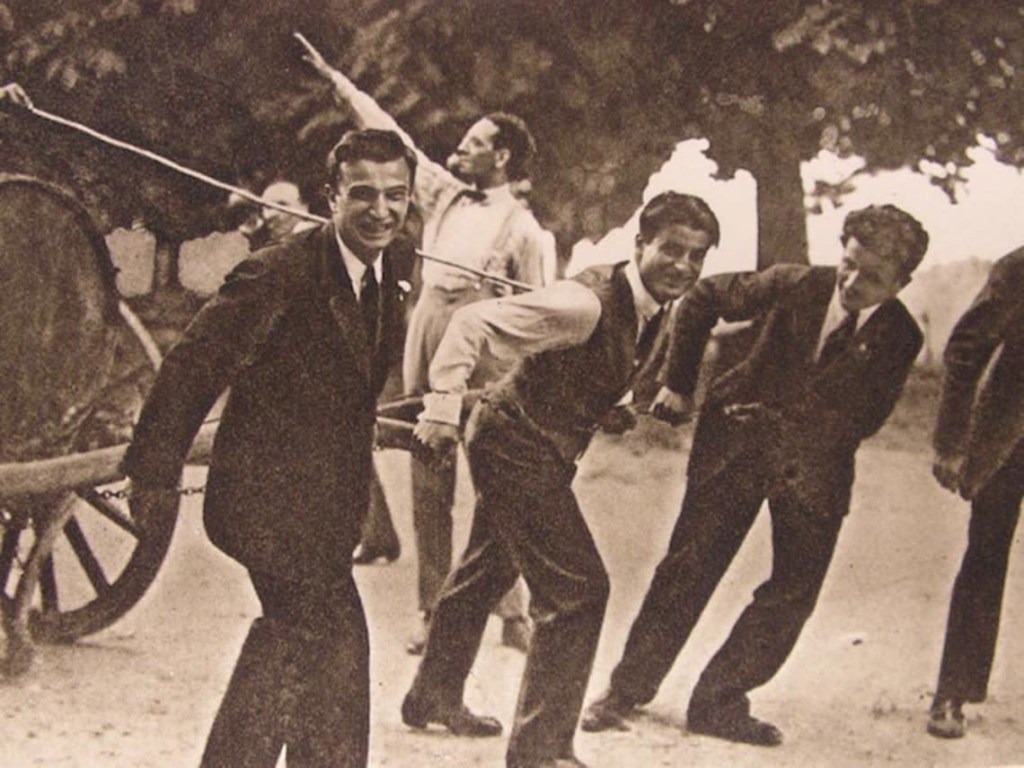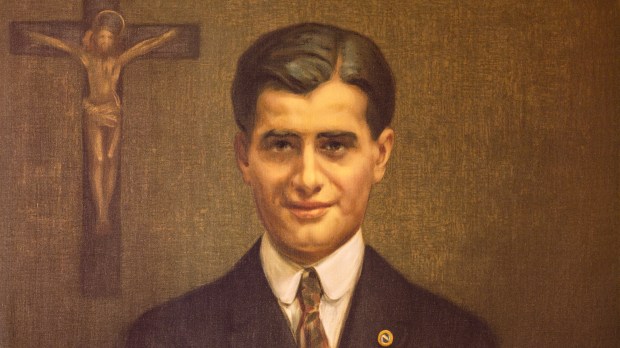There are places you visit that immediately feel like home. To create a welcoming environment for guests is a true gift some people have. Awkwardness melts away and, soon enough, everyone is talking and laughing like old friends. The host unobtrusively pours another cup of coffee or tops off a wine glass, making introductions and providing conversation material. A gifted host never dominates the room but shines light on the guests.
I’m assured there are a few easy tricks to the art of hospitality. Small things like leaving the front door open so that approaching guests can see the party inside and feel drawn into the room even before crossing the threshold, getting a fire going in the fireplace or firepit, keeping everyone’s drinking glasses filled, and worrying less about impressing people so as to focus on making genuine connections with them. Even so, some people are naturally gifted at hospitality and others of us — well, we’re in need of some practice.
Considering my friends who are good at hospitality, I’ve tried to identify a common denominator. It isn’t as simple as declaring that extroverts are good hosts and introverts aren’t. There’s deeper virtue involved. Hospitality requires preparedness and mindfulness. This means, whether you’re naturally gifted at it or not, there’s always room for improvement, the more the virtue is practiced. To at least some degree, we can all become hospitable.
A form of mercy
Today is Divine Mercy Sunday, so it seems a good day to consider hospitality as a form of mercy. It’s a gift we give to others because we recognize their inherent value. In order to honor that value, we offer them the mercy of recognizing it, even if they aren’t aware of it. Hospitality makes clear that other people are worth getting to know.
Modern life is so dehumanizing, the way we’re constantly forced into the mold of ignored consumers or treated as statistics in a database. We stand in lines for service, wait on the phone for hours to speak with a real, human customer service representative. We hustle past each other in our isolation, driving cars from one place to the next, running errands, checking lists, paying bills, and finally collapsing at night after closing the garage door and locking the gate.
Our isolation makes it difficult to connect with other people and we thus lose the opportunity to realize how wonderful and interesting people are, how worthy of attention. It’s a work of mercy to reach out and build authentic human connections through hospitality, to offer the gentle reminder that we are all human beings and we flourish when we are able to form community.
If the heart of hospitality is about people, then it isn’t about creating a perfect physical place, the magazine-worthy centerpiece, the immaculately clean living room, or anything like that. Hospitable people care about people. From this we see that hospitality can be practiced anywhere and shouldn’t be limited simply to hosting a party.

Friends all over town
Blessed Pier Giorgio is a model of hospitality. Many people, including his own parents, misunderstood him during his short life. They thought he was squandering opportunities by not focusing on his education and planning a successful career. Instead, he spent his days working with the St. Vincent de Paul group in his parish. He visited the poor. He was generous with his time and friendship. When he died after contracting polio, his funeral was attended by thousands. Pier Giorgio, it turns out, was so dedicated to hospitality that he befriended every single person he met, all over town.
One of his habits was organizing mountain climbing expeditions for his school friends. He was in great physical shape and could climb difficult peaks with steadfast endurance, never tiring. His friends, however, weren’t always as physically capable. Here is where Pier Giorgio practiced a form of hospitality I think is brilliant, and one that directly reveals the connection of hospitality to mercy. Whenever he noticed a friend lagging behind on the trail and looking physically distressed, he would stop the group by declaring that he himself, Pier Giorgio, was tired and desperately in need of a break or that he wanted to stop for a quick snack. This way, his grateful friend would get a rest and be saved the embarrassment of delaying the group or appearing weak.
It’s such a subtle way of offering comfort, this example from Pier Giorgio, but it provides a principle of hospitality that we can apply to the entirety of our lives. Hospitality is always about people – valuing them, celebrating them, making a genuine connection in order to bring out their very best. It’s the attitude that we are always, regardless of the guest, entertaining angels.
True hospitality is humble and merciful. It requires empathy. It may be so subtle that it isn’t even noticed. For all that, what a wonderful virtue it is, what a gift to be able to give, making a connection from heart to heart.


